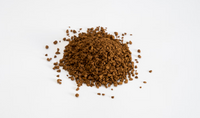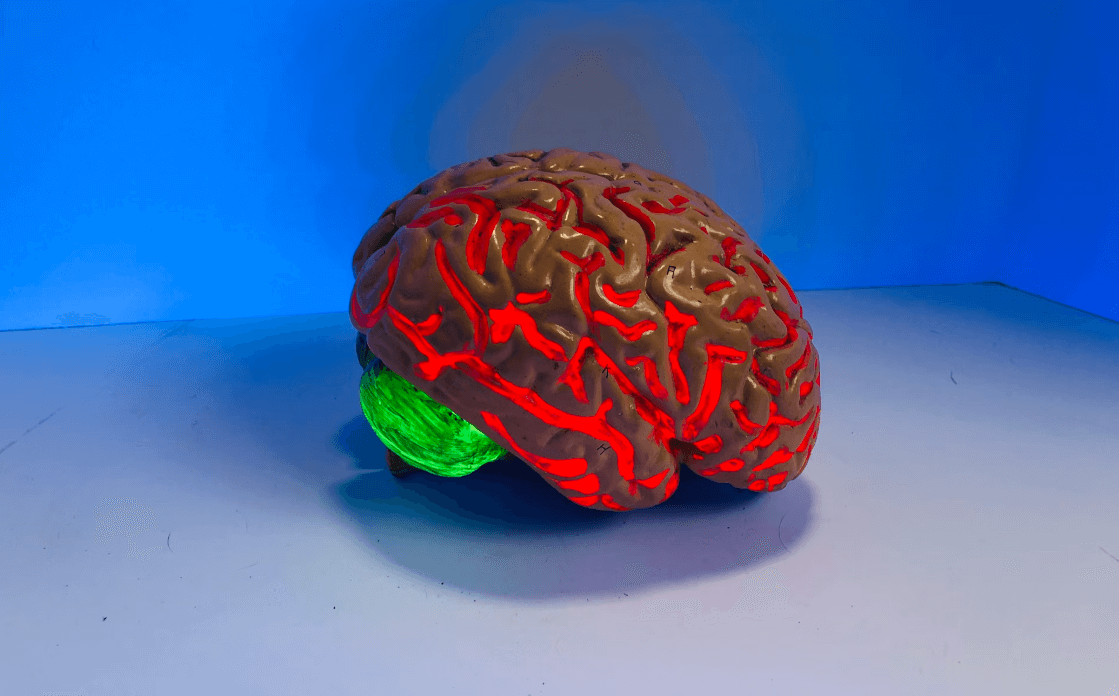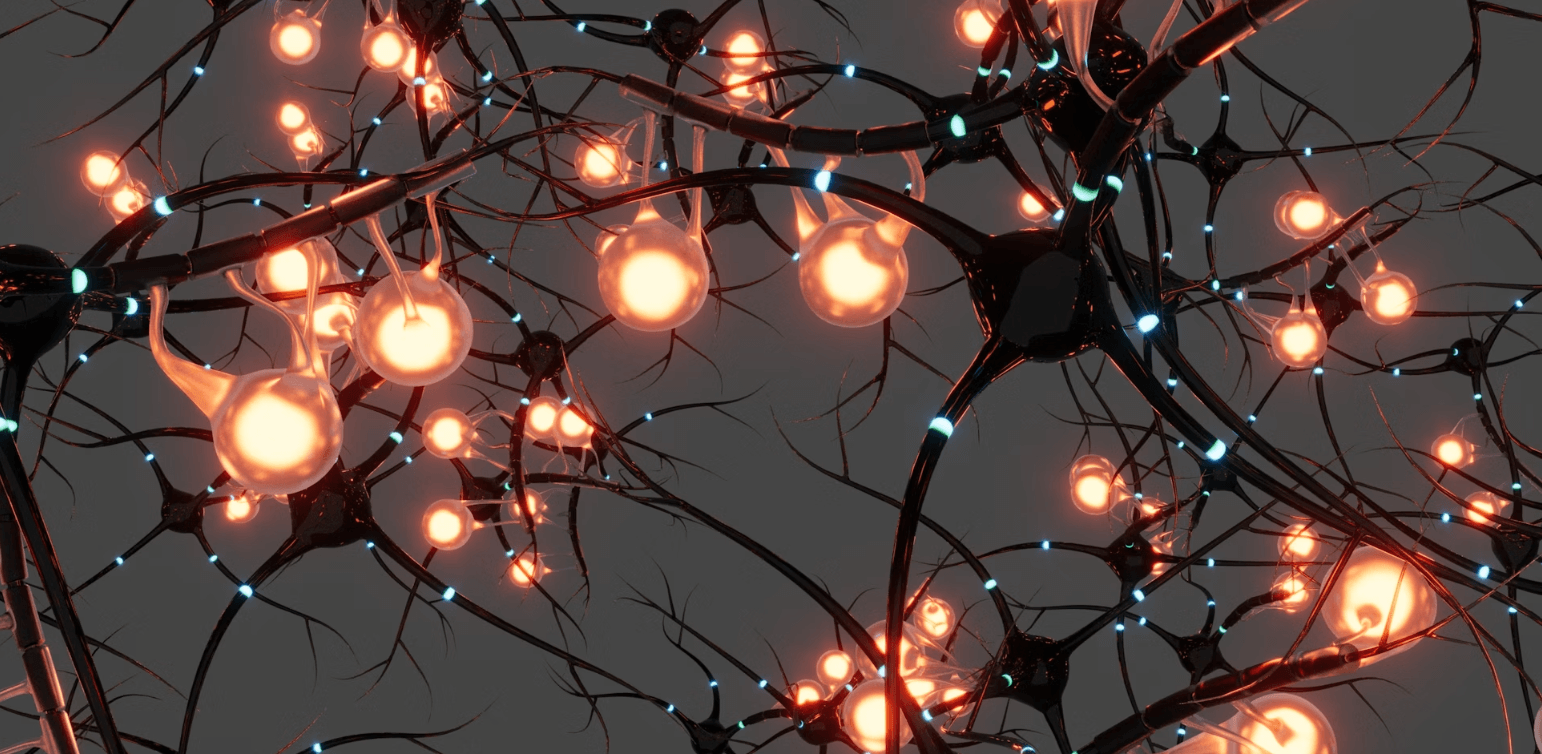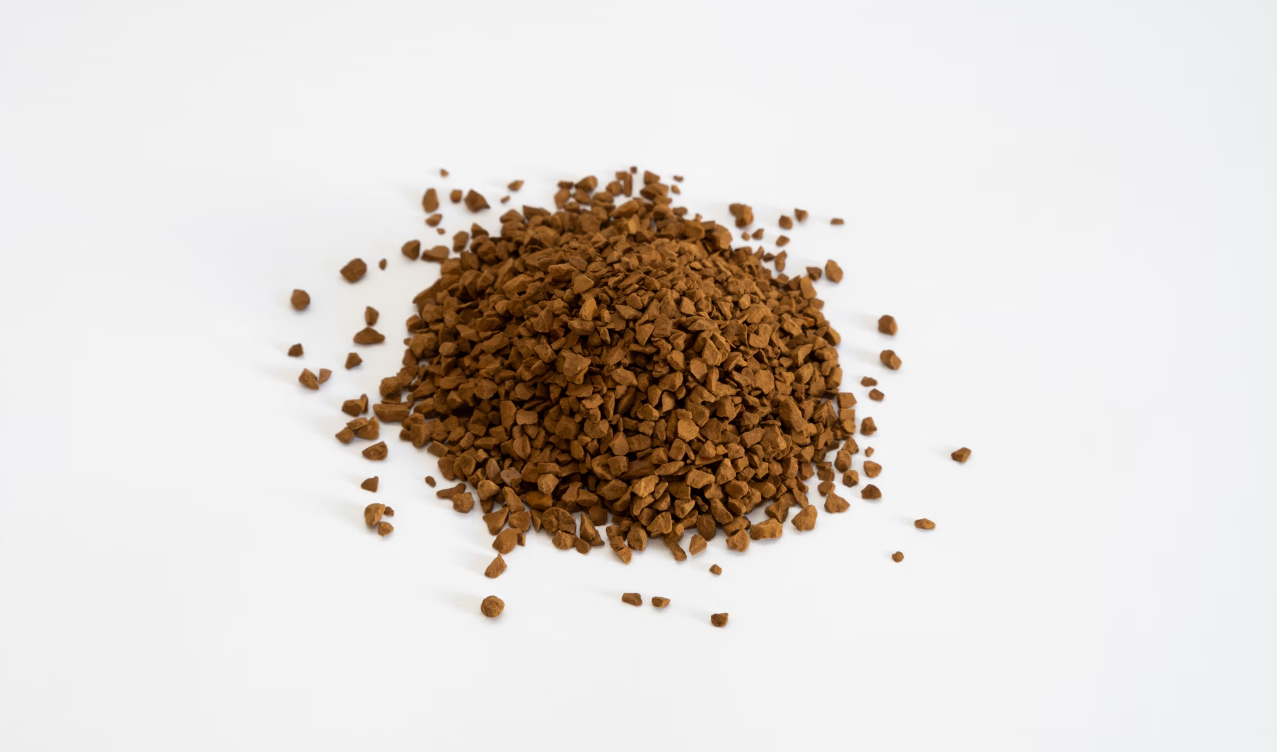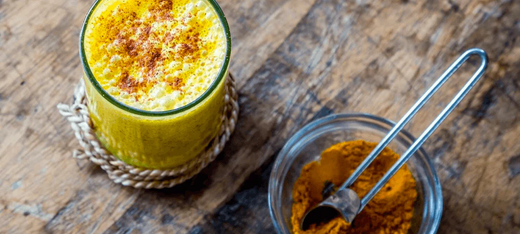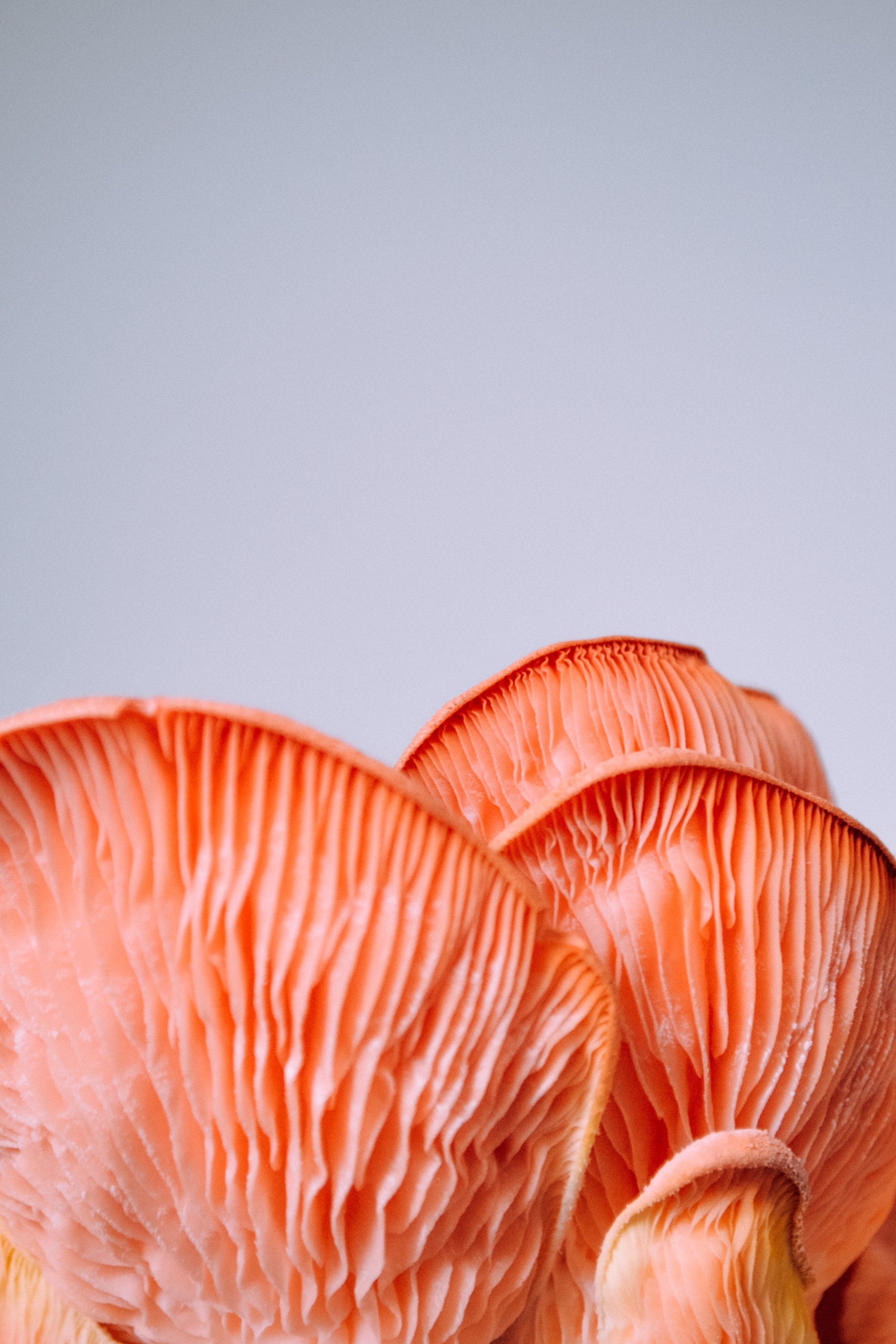If you’re familiar with mushroom coffee and its health benefits, you may have wondered if it could help with managing ADHD symptoms. Attention Deficit Hyperactivity Disorder (ADHD) affects millions of people worldwide, and while medication remains a standard treatment, many are seeking natural alternatives or supplements that can complement traditional therapies. Could mushroom coffee be one of them? Let's break down the science, benefits, and considerations for using mushroom coffee as a tool for managing ADHD.
ADHD and ADHD Medication
ADHD is a neurological disorder characterized by symptoms like inattentiveness, hyperactivity, and impulsivity. For those living with ADHD, focusing on tasks or managing emotions can be challenging. Traditional ADHD medications, such as stimulants (like Ritalin and Adderall) and non-stimulants, can be effective in managing symptoms by increasing levels of certain brain chemicals, such as dopamine and norepinephrine. However, not everyone responds well to these medications or their potential side effects, so some people turn to natural supplements to complement or, in some cases, replace medication.
Quick Overview of Mushroom Coffee
Mushroom coffee isn’t just coffee mixed with mushrooms. It’s a blend of coffee beans and medicinal mushroom extracts, including varieties like lion’s mane, chaga, reishi, and cordyceps. These mushrooms are adaptogens, meaning they help the body manage stress and promote balance. Many people find that mushroom coffee provides a smoother, more balanced energy boost than regular coffee because it often has less caffeine and adds the benefits of adaptogenic mushrooms.
The potential cognitive benefits of mushroom coffee have gained popularity, especially among people looking for natural ways to support focus and brain health. But can these benefits extend to those with ADHD?
Does Mushroom Coffee Help with ADHD?
While research specifically linking mushroom coffee to ADHD is limited, there’s promising evidence that some of the medicinal mushrooms in mushroom coffee could support brain health and help manage certain ADHD symptoms. Medicinal mushrooms like lion’s mane, chaga, reishi, and cordyceps have shown benefits for brain function, focus, and stress management, all of which can be helpful for people with ADHD.
That said, mushroom coffee should not be seen as a cure or primary treatment for ADHD but rather as a supplementary approach that might provide additional support for managing symptoms.
Medicinal Mushrooms for ADHD
Certain mushrooms are particularly beneficial for cognitive function, stress management, and focus. Here’s a look at four mushrooms commonly found in mushroom coffee and how they might be beneficial for ADHD:
Lion’s Mane
Lion’s mane is known for its potential to improve cognitive function. Studies suggest it promotes nerve growth factor (NGF) production, which is essential for brain health. Increased NGF can help with focus and mental clarity, making lion’s mane an intriguing option for those seeking natural ADHD support.
Chaga
Chaga is a powerful antioxidant and has anti-inflammatory properties. While its effects on ADHD aren’t as direct as other mushrooms, chaga can support overall brain health by protecting the brain from oxidative stress, which is essential for maintaining focus and cognitive resilience over time.
Reishi
Reishi is renowned for its calming effects and ability to help the body manage stress. For people with ADHD, who may experience mood swings or increased anxiety, reishi could help promote relaxation and improve emotional regulation.
Cordyceps
Cordyceps is known for its energy-boosting properties, which can help counteract the fatigue that sometimes accompanies ADHD. By supporting sustained energy levels, cordyceps can aid focus and reduce the need for high doses of caffeine, which can sometimes worsen ADHD symptoms.
Mushroom Coffee for ADHD
Combining mushrooms like lion’s mane, chaga, reishi, and cordyceps with coffee can offer a nootropic boost, enhancing focus, mental clarity, and energy. Here’s how these benefits might work together to support ADHD:
How Mushrooms + Nootropics May Team Up to Manage ADHD?
Nootropics, or cognitive enhancers, work by supporting neurotransmitters or reducing inflammation in the brain. Medicinal mushrooms are considered natural nootropics due to their neuroprotective, anti-inflammatory, and adaptogenic properties. For individuals with ADHD, a mushroom coffee blend could potentially help in two ways:
- Improving Focus and Clarity: Lion’s mane and cordyceps are believed to support focus and energy without the jitters associated with caffeine, providing a smoother focus boost.
- Reducing Anxiety and Stress: Reishi, in particular, can have a calming effect, which may help with mood regulation, a common challenge for those with ADHD.
When combined with coffee, medicinal mushrooms might offer sustained focus and reduced stress, potentially making mushroom coffee a beneficial addition to an ADHD management plan.
What to Consider When Looking for the Right Mushroom Coffee for ADHD?
If you’re considering mushroom coffee to help manage ADHD symptoms, here are some factors to consider:
- Quality and Sourcing: Choose brands that use high-quality, organic mushrooms. You’ll want to ensure there are no fillers or artificial ingredients.
- Mushroom Variety: Look for mushroom coffees that specifically include lion’s mane, reishi, and cordyceps, as these have potential cognitive benefits for ADHD.
- Caffeine Content: Be mindful of caffeine intake, as high doses can worsen ADHD symptoms in some individuals. Some mushroom coffees are available in decaf or low-caffeine options, which may be beneficial.
- Personal Response: Start with a small serving to see how you respond. Every individual is different, and while some people find mushroom coffee helps with focus, others may not experience the same effects.
- Combination with ADHD Medication: If you’re already on ADHD medication, consult your healthcare provider before adding mushroom coffee or any other supplements, as some mushrooms might interact with medications.
Wrapping Up
In conclusion, mushroom coffee might offer a natural, supplementary boost for people with ADHD due to the cognitive benefits associated with mushrooms like lion’s mane and cordyceps, combined with the calming properties of reishi. While it’s not a substitute for medication, mushroom coffee could be a helpful addition to an ADHD management plan, offering a balanced approach to energy, focus, and stress management.
If you’re curious about trying mushroom coffee for ADHD, look for high-quality blends with the right mix of mushrooms and be mindful of your caffeine tolerance. As always, speak to a healthcare professional to ensure it aligns with your treatment plan and health goals.
FAQs on Mushroom Coffee for ADHD
Q: Can mushroom coffee replace ADHD medication?
A: Mushroom coffee should not be considered a replacement for ADHD medication. However, it may offer additional support by promoting focus and managing stress. Always consult with a healthcare provider before making changes to your treatment.
Q: What is the best mushroom coffee for ADHD?
A: The best mushroom coffee for ADHD typically includes lion’s mane, reishi, and cordyceps for focus, stress relief, and energy support. Look for high-quality, organic brands with minimal caffeine.
Q: Can I use mushroom supplements for ADHD instead of mushroom coffee?
A: Yes, mushroom supplements can offer similar benefits without caffeine. Many people with ADHD prefer capsules or powders with medicinal mushrooms like lion’s mane and reishi for easy, caffeine-free options.
Q: What’s the recommended dosage of mushroom coffee for ADHD?
A: There’s no standard dosage for mushroom coffee, but starting with a small serving and observing how you feel can be helpful. Mushroom coffee often has less caffeine than regular coffee, but it’s essential to listen to your body’s response.
Q: Is microdosing mushrooms for ADHD effective?
A: Microdosing psychedelic mushrooms (psilocybin) is different from medicinal mushroom coffee and is still under research. Mushroom coffee uses non-psychedelic mushrooms and may provide a natural support system, but microdosing psychedelics should only be explored under medical guidance and in legal settings.

